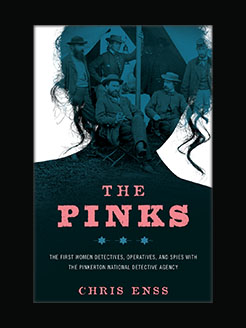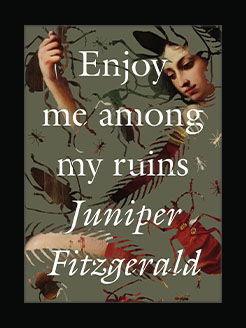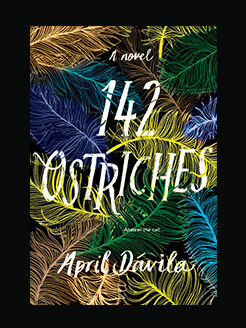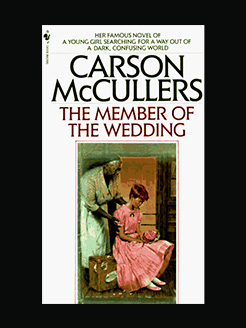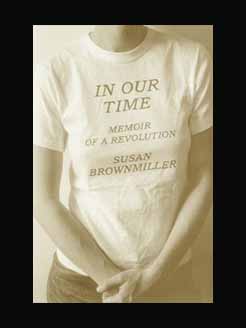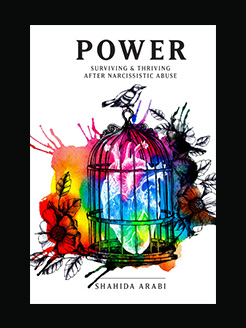Published in 2022
216 pages
Coretta M. Pittman is associate professor in the Department of English at Baylor University. She teaches undergraduate courses on race and rhetoric and writing and social justice and graduate courses in African American literature and critical literacy studies. Her research focuses on literacy and rhetoric at the intersections of race, class, gender, and popular culture.
What is this book about?
Literacy in a Long Blues Note: Black Women’s Literature and Music in the Late Nineteenth and Early Twentieth Centuries traces the evolution of Black women’s literacy practices from 1892 to 1934. A dynamic chronological study, the book explores how Black women public intellectuals, creative writers, and classic blues singers sometimes utilize singular but other times overlapping forms of literacies to engage in debates on race.
The book begins with Anna J. Cooper’s philosophy on race literature as one method for social advancement. From there, author Coretta M. Pittman discusses women from the Woman’s and New Negro Eras, including but not limited to Angelina Weld Grimké, Gertrude “Ma” Rainey, and Zora Neale Hurston. The volume closes with an exploration of Victoria Spivey’s blues philosophy. The women examined in this book employ forms of transformational, transactional, or specular literacy to challenge systems of racial oppression.
However, Literacy in a Long Blues Note argues against prevalent myths that a singular vision for racial uplift dominated the public sphere in the latter decade of the nineteenth century and the early decades of the twentieth century. Instead, by including Black women from various social classes and ideological positions, Pittman reveals alternative visions. Contrary to more moderate predecessors of the Woman’s Era and contemporaries in the New Negro Era, classic blues singers like Mamie Smith advanced new solutions against racism. Early twentieth-century writer Angelina Weld Grimké criticized traditional methods for racial advancement as Jim Crow laws tightened restrictions against Black progress. Ultimately, the volume details the agency and literacy practices of these influential women.
